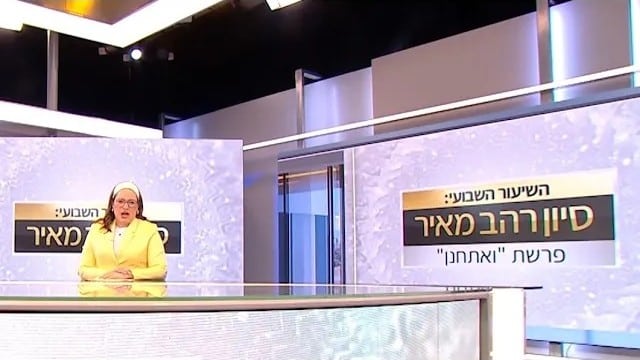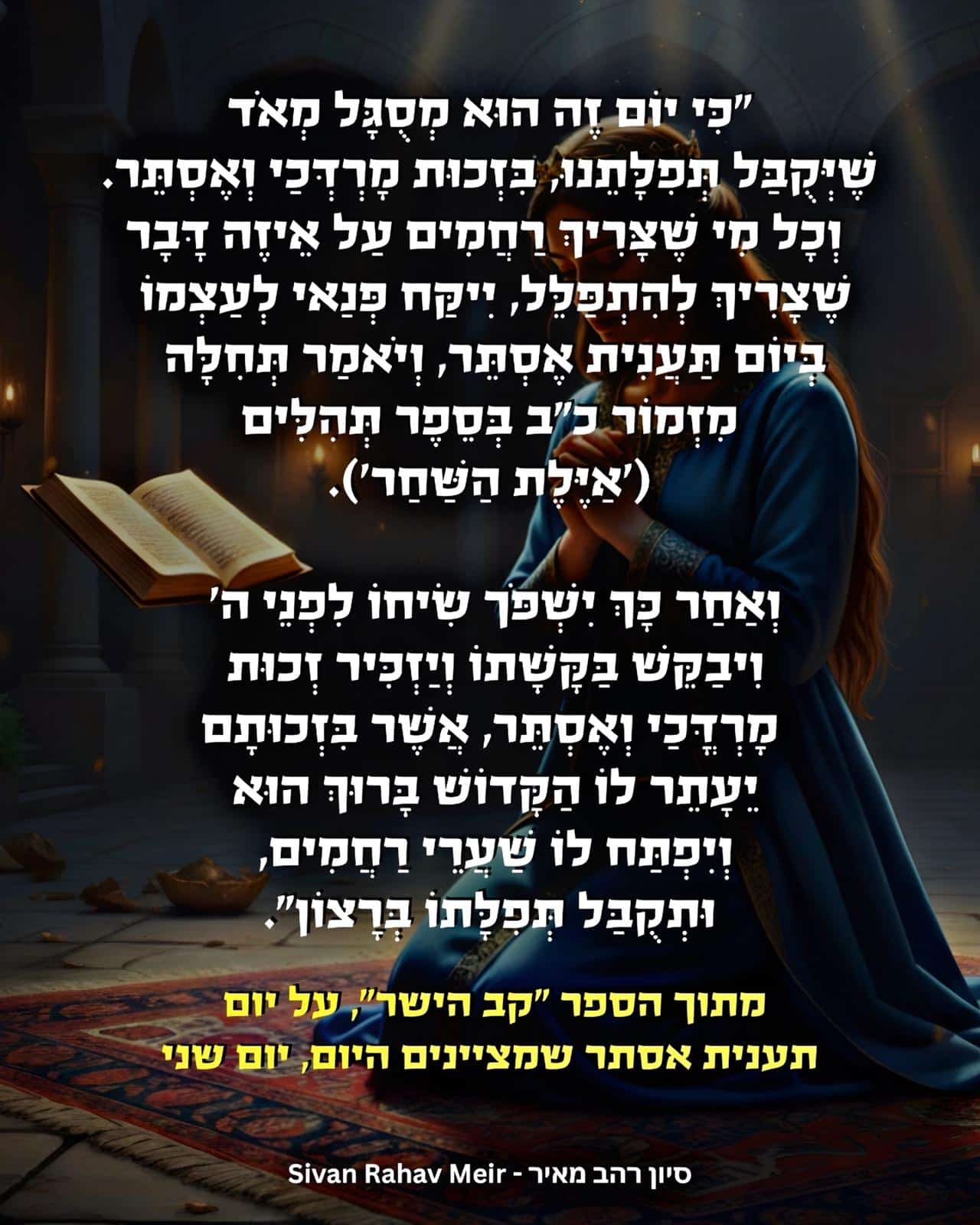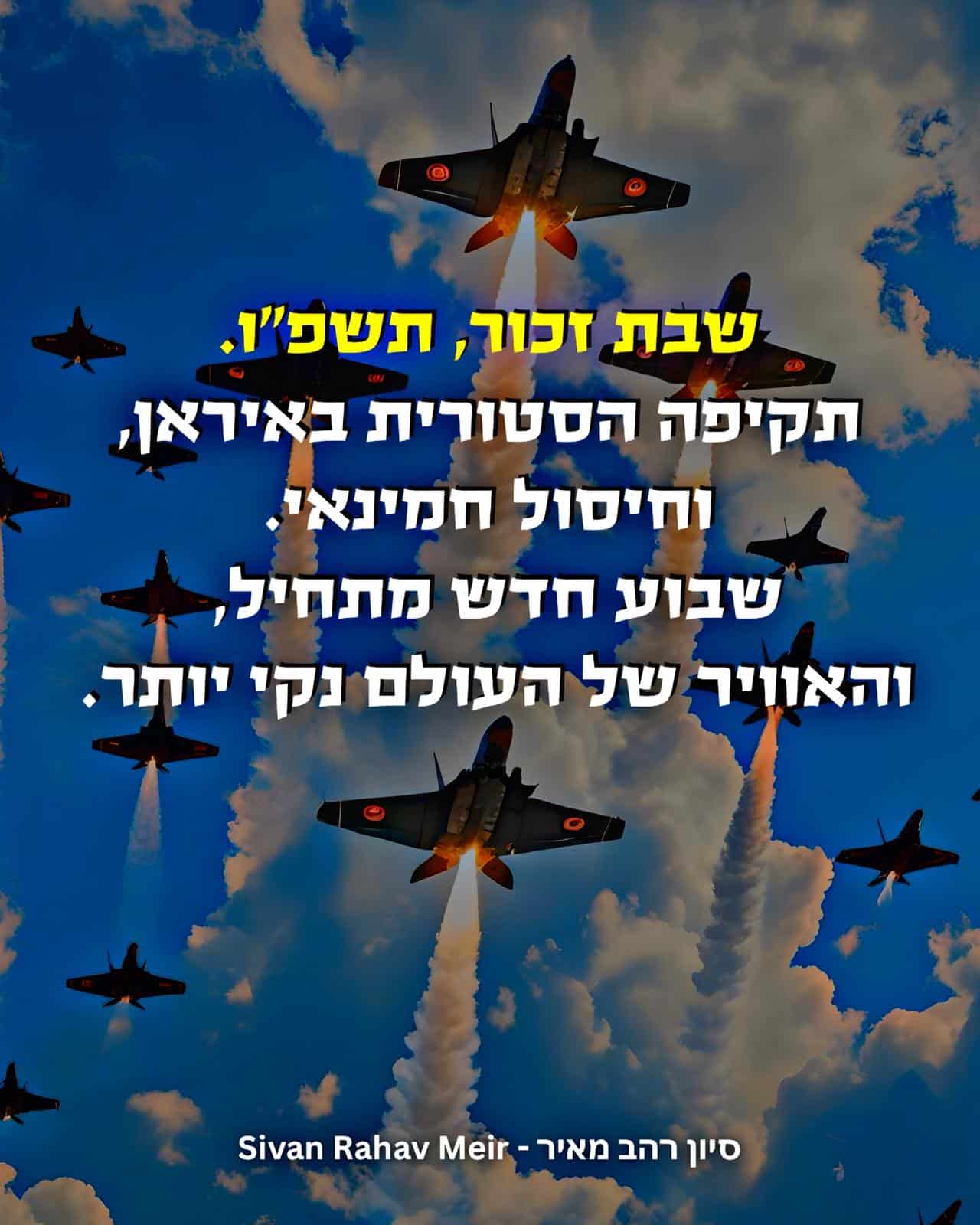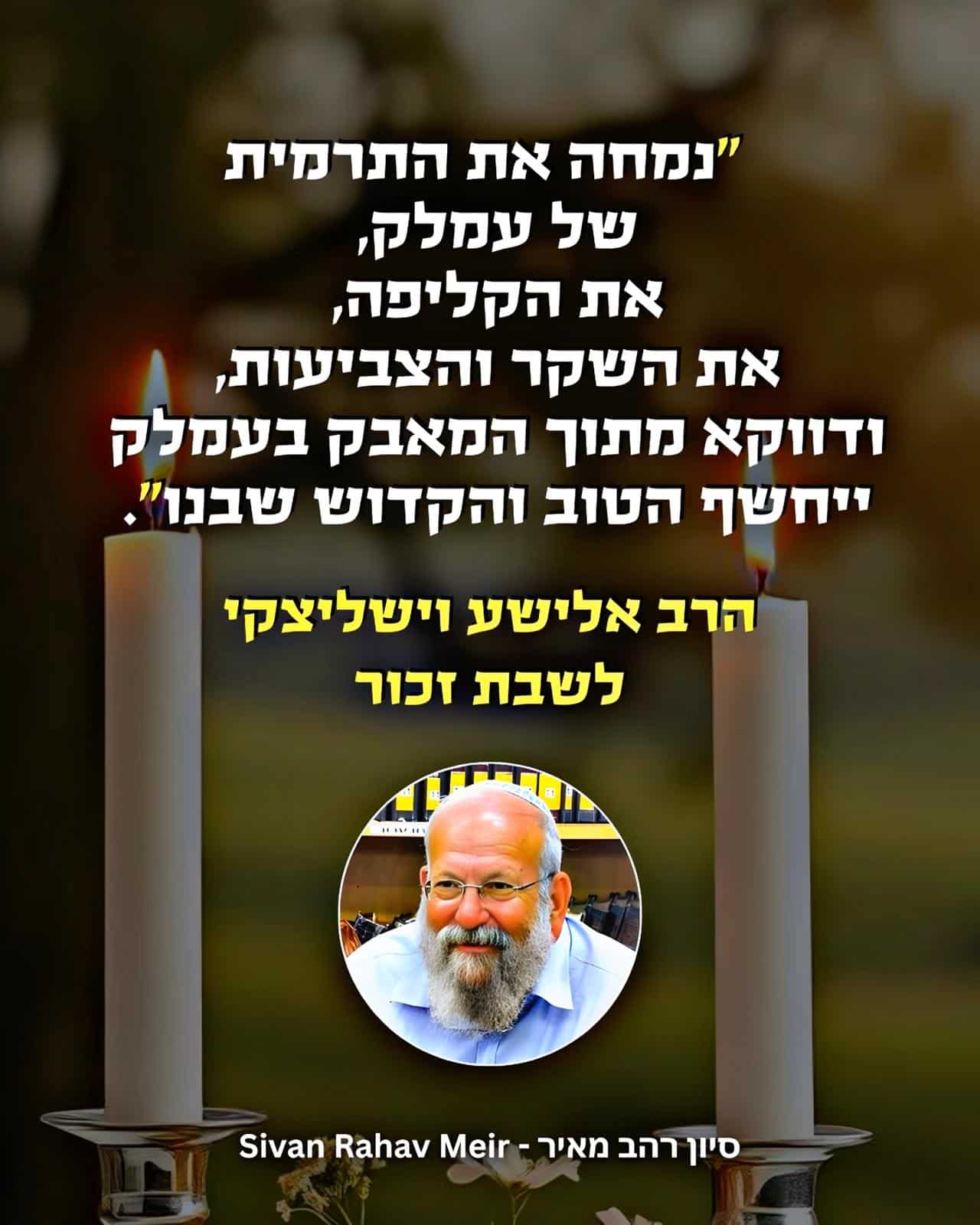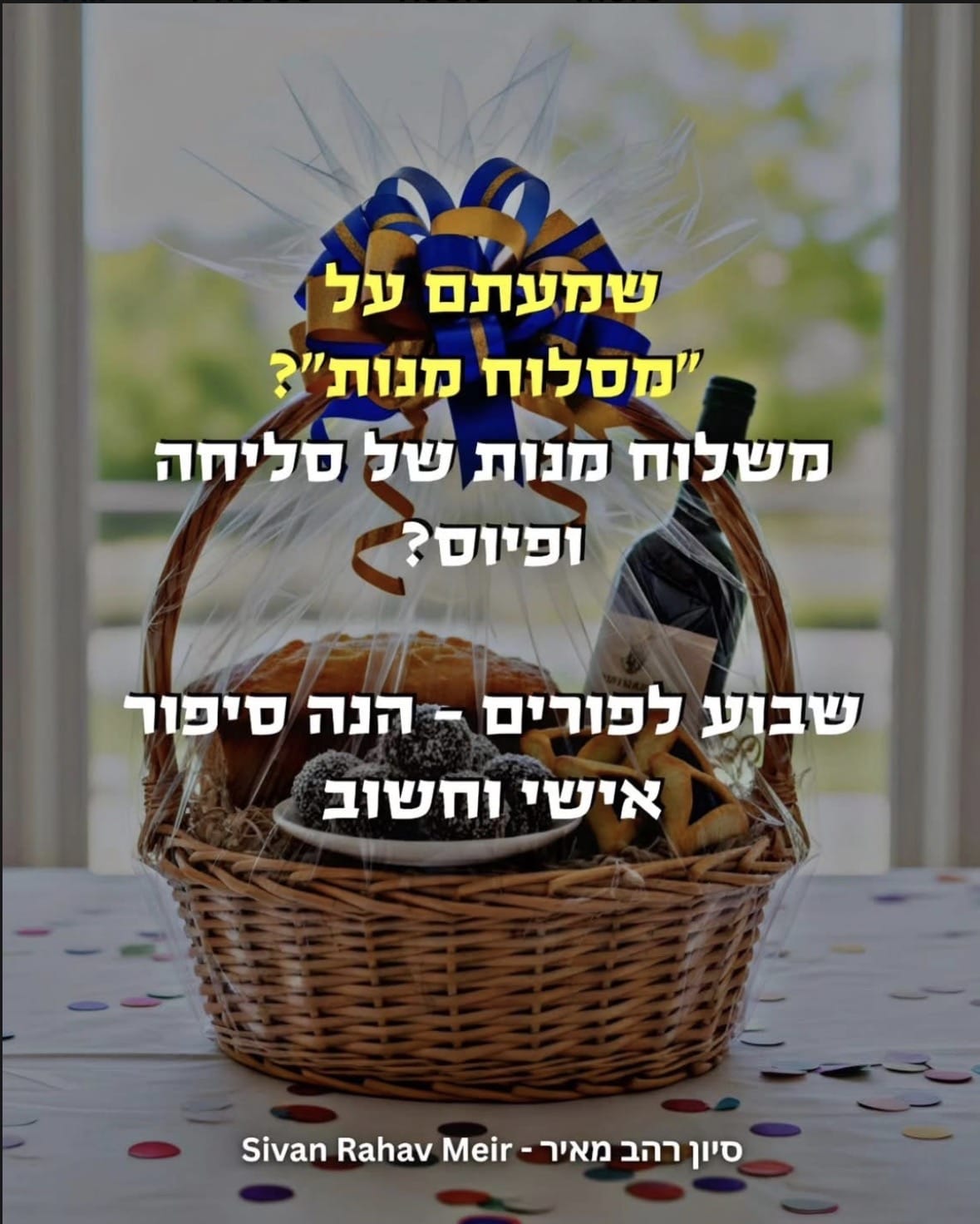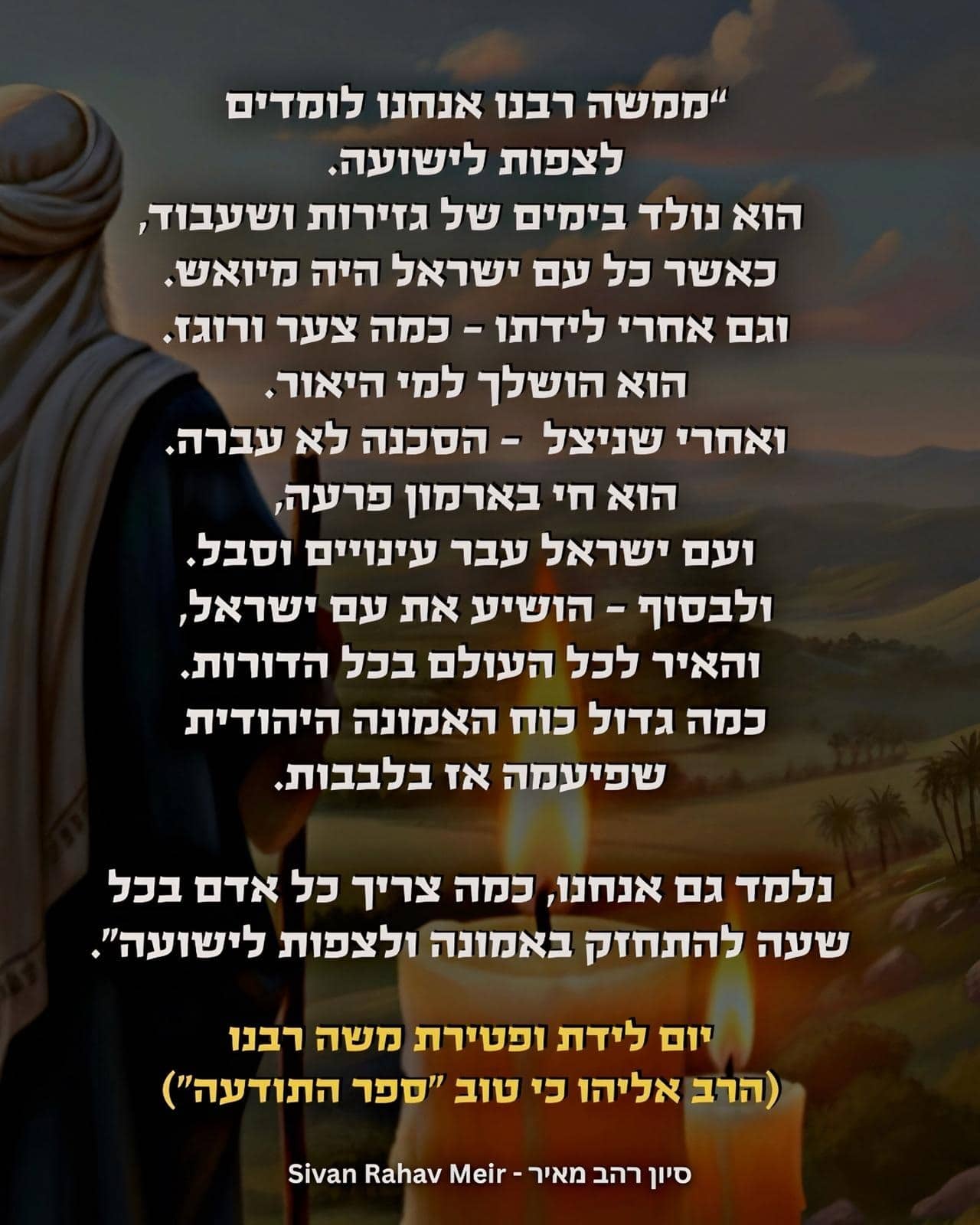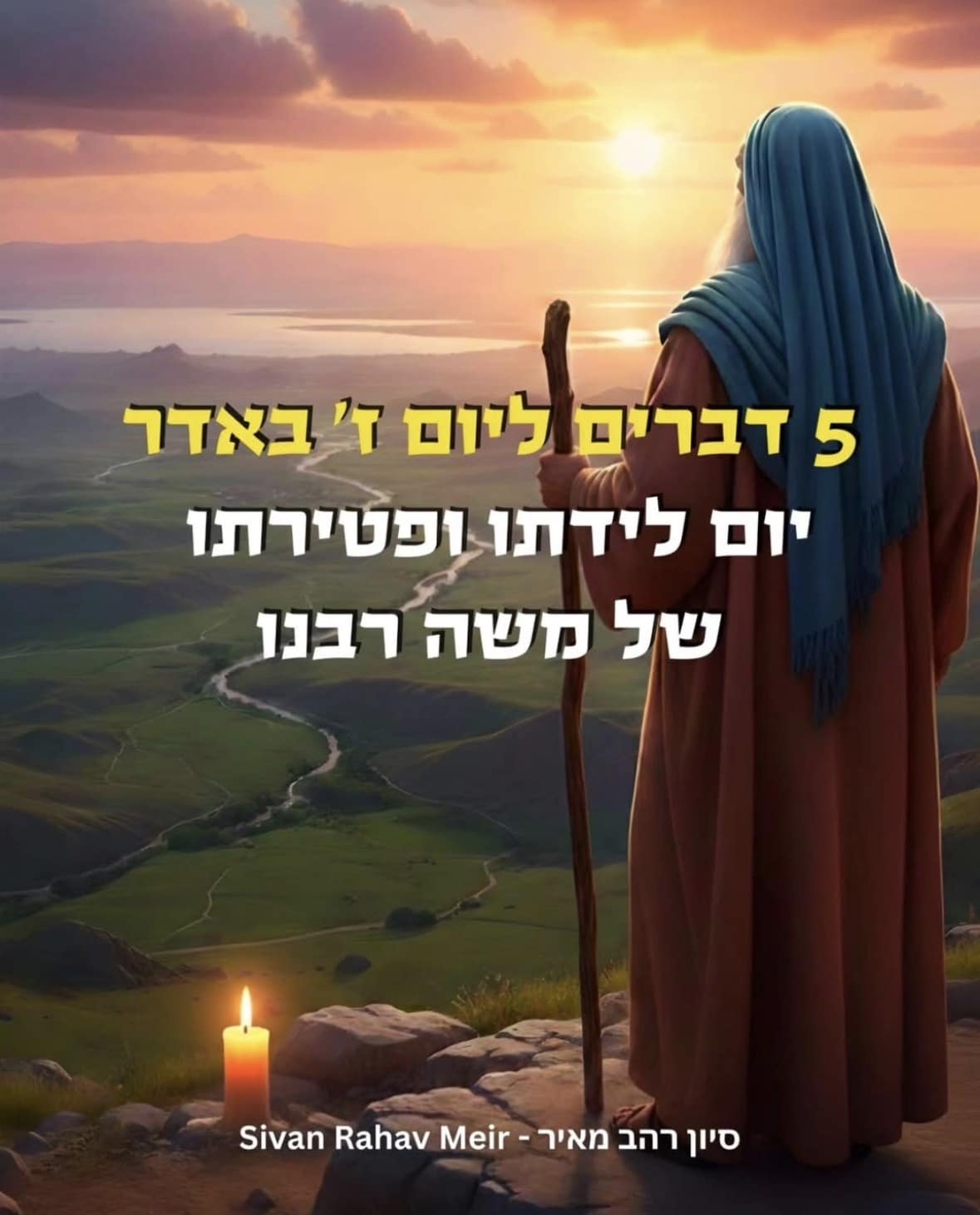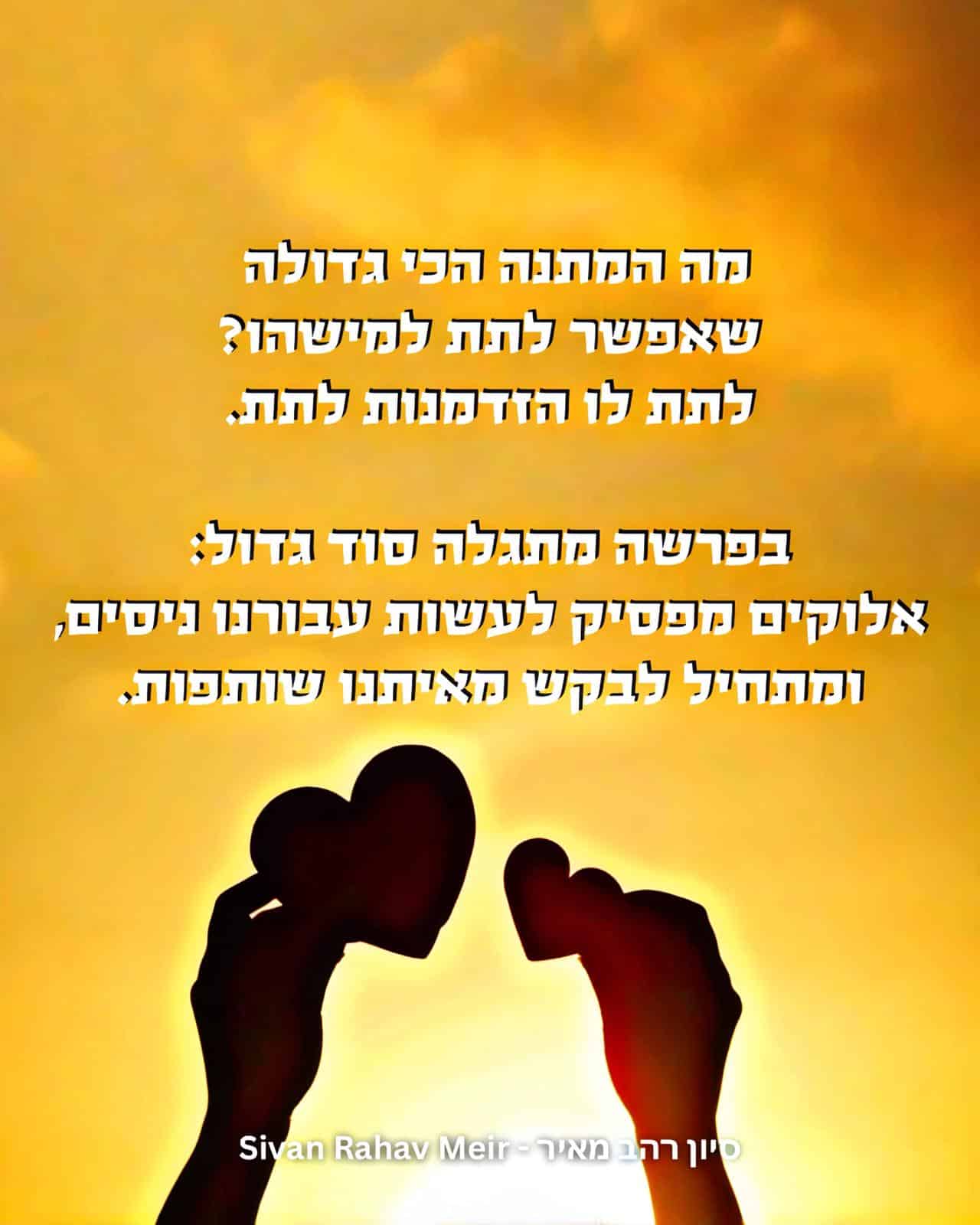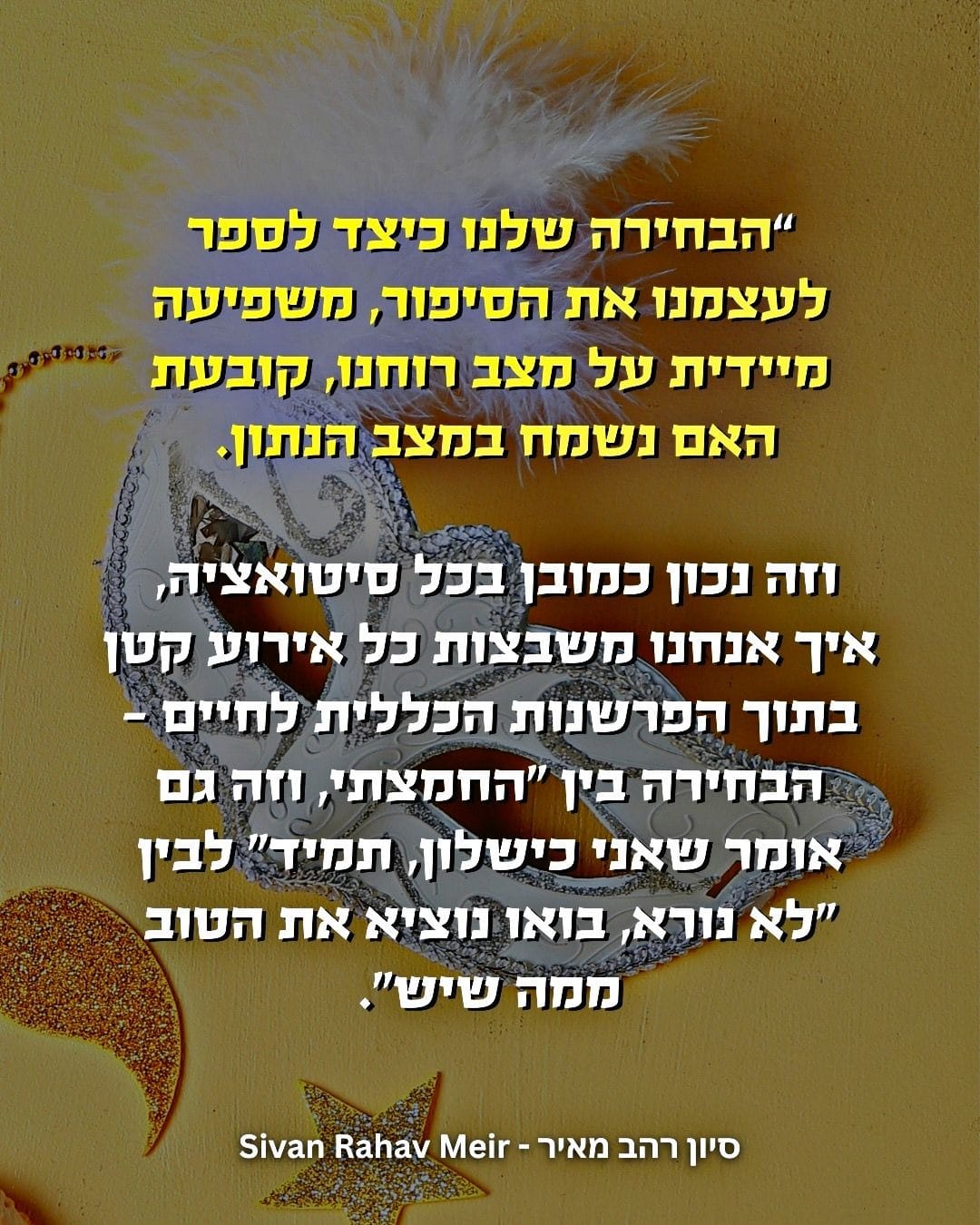.
Throughout our long summer vacation, the pulse of the weekly Torah portion continues to beat within our hearts.
1. The Torah portion we will read on Shabbat is Va’etchanan. It is the second parasha in the book of Deuteronomy. Moshe Rabbeinu continues with his farewell speech to the nation of Israel and, by extension, to us.
2. “Va’etchanan” means “I entreated” and concerns Moshe Rabbeinu’s plea to God to enter the holy land of Israel together with the people. He describes how he prayed and pleaded without success. He was privileged to gaze upon the Promised Land from afar, but not to enter it. Do we sufficiently appreciate the privilege of being able to live in this land?
3. Two seminal texts, the most famous in the Torah, appear in this parasha: Shema Yisrael and the Ten Commandments. The shema invokes belief in the Oneness of God, the timeless foundation of our faith. The Ten Commandments provide the constitutent elements of the human conscience by exhorting us — among a comprehensive list of unconditional dos and don’ts — to refrain from murder, adultery, and theft, to honor parents, and to keep Shabbat. Everyone is invited to learn it by heart.
4. The approaching Shabbat is the first to follow the fast of Tisha B’Av. It goes by the name of Shabbat Nachamu (Shabbat of Comforting), based on the words of the prophet Isaiah that, at the conclusion of the Torah reading, open the haftarah: “Nachamu, nachamu ami “— Be comforted, be comforted my people. After fasting over destruction of the Holy Temple, we hope and pray for a better world of consolation, joy, and redemption. For seven consecutive Shabbatot, we will read haftarah verses of heartfelt consolation and reassurance from Isaiah.
5. This coming Shabbat coincides with the 15th of Av, “the Jewish day of love.” Mazal tov to all the couples who will now be getting married after putting off their weddings during the period of mourning for the Temple, during which no weddings were held.
Shabbat shalom and besorot tovot.
*****
In this week’s parsha, Moses pleads with God to enter the land of Israel and is told no. Instead, he turns to the people, delivering some of the most iconic words in the Torah: the Ten Commandments and the Shema, words that shape Jewish identity across generations. But what happens when those words are forgotten?
As we move from Tisha B’Av to Tu B’Av, from destruction to love, what kind of Jewish memory are we rebuilding?
<iframe src="https://playlist.megaphone.fm?e=TAB5842488379" width="100%" height="200" frameborder="0" scrolling="no"></iframe>
Weekly Parasha Shiur in Hebrew:
